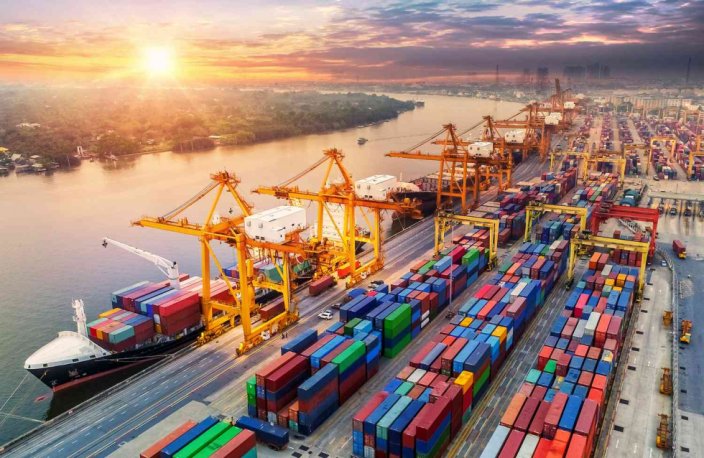
What is the general concept of Incoterms?
Incoterms, an abbreviation for International Commercial Terms, are used to describe the various methods of transporting goods from the point of production to the final destination, which is the buyer. There exist several categories of Incoterms, each covering different situations and ways for merchandise to be delivered to the consumer, and these terms are internationally recognized and are common in all countries.
Each Incoterms rule defines certain conditions, expenses, methods, and obligations that the parties involved in the commercial transaction to obliged to fulfill by the agreement of one of them. Depending on the Incoterms rule that has been agreed upon, the transportation methods carry different responsibilities and costs. By specifying these conditions, these rules have facilitated smoother international trade and enhanced communication among merchants. Being drafted by the International Chamber of Commerce, the ICC assesses and revises the Incoterms every decade to implement updates and modifications.
The Significance and Utilization of Incoterms
Recognizing and learning about the various Incoterms is crucial for those traders planning to partake in international operations. Essentially, Incoterms outline the responsibilities of the buyer and seller in setting the necessary arrangements for the shipment of goods and other related duties. For instance, if you are a producer intending to export your goods to any location globally, it's imperative to supply the buyer with the delivery method for the goods in a commercial contract and a valid document for their knowledge, thereby highlighting the critical role and significance of Incoterms in these processes.
In more straightforward terms, anyone functioning as an exporter or seller is required to include one of the Incoterms rules and categories in a designated document of the contract, ensuring that the buyer or receiver of the goods is aware of the shipment's delivery method to the intended customs point. This transparency allows the contract parties to understand the terms of goods transport, a factor of significant importance in the realm of trade and commerce, based on a formally documented agreement.
Fajr Parsian Chemical Industries has the capability to send its export consignments under FCA, EX-Work, and FOB terms, and If the customer requests other terms, if possible, the necessary checks will be carried out to implement them.
What does EXW signify?
EXW, or Ex Works, is a mode of transportation where the goods are delivered at the seller's place of business, and it involves the least responsibilities for the seller, while the buyer assumes the majority of the duties related to the commercial aspects of the goods. Under the EXW rule, the seller provides the exact location, like a factory or warehouse, where the cargo can be picked up by the buyer. Once the goods are delivered, the seller bears no responsibility for customs clearance, transport contract, insurance, or any risks and damages from the point of loading at the origin to the transfer to the final destination. These responsibilities are shouldered by the buyer. This method isn't advisable for buyers who lack the expertise to manage customs procedures in the exporting country. However, it can be suitable for domestic transactions that do not involve customs duties or goods clearance.
What does FCA signify?
In understanding the different types of Incoterms, it's important to also know about FCA. FCA, or Free Carrier, denotes that the goods are handed over by the seller to the buyer at specific locations in the country of origin. Under this rule, the seller is obligated to deliver the goods at a designated place within the exporting country, and the point of transfer of goods ownership can be anywhere in this country. Once the shipment arrives at the specified point within the country of origin, a certificate of inspection will also be issued. From that point onwards, all matters such as paying for the freight and choosing the transportation company fall under the importer's responsibility.
What does FOB signify?
FOB, or Free On Board, is a type of Incoterms where the delivery of goods takes place on the deck of the ship. This means that the cargo is handed over to the buyer on the ship's deck at the shipment port specified in the contract, enabling the buyer to collect the purchased goods. Once the goods are positioned on the deck, the responsibility for their upkeep and the risk of any damage is transferred from the seller to the buyer. From that point forward, the owner of the goods will be responsible for paying all costs.

